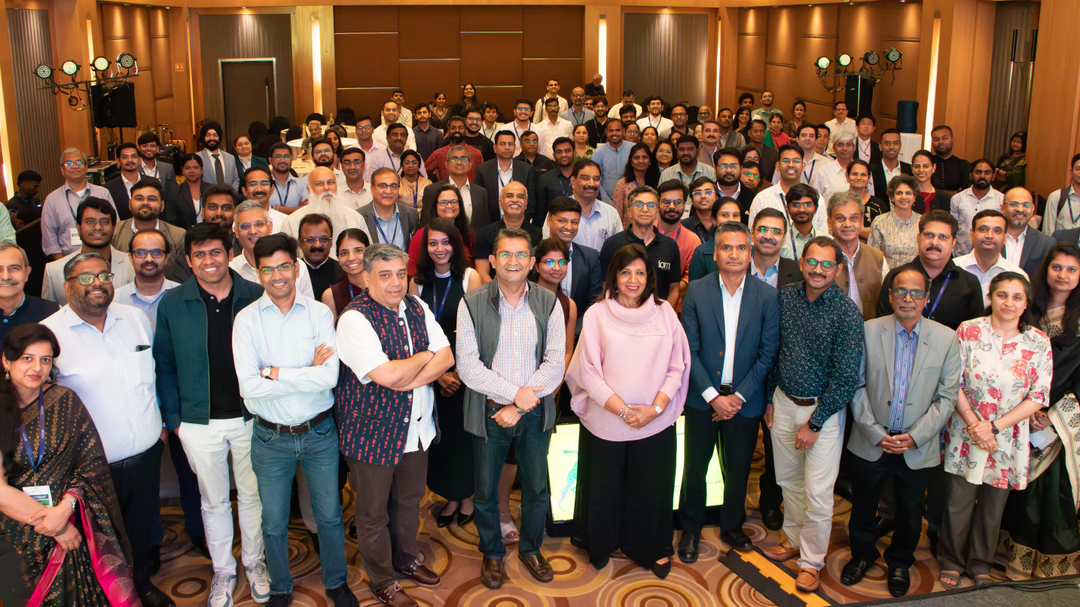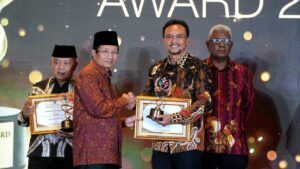Bengaluru, India — The National Bio Entrepreneurship Competition (NBEC) 2025, organised by C-CAMP, has announced 16 biotech startups and six student teams as winners, awarding a total of ₹40 crore in cash prizes and investment opportunities. The competition, now in its ninth edition, drew more than 3,100 applications from 34 states and union territories, reflecting India’s rapidly growing biotech ecosystem.
Winning ideas showcased innovation across diagnostics, drug discovery, agriculture, water, and environmental sustainability. Student teams were also recognised with ₹9 lakh in funding for projects spanning healthcare and ecological management. According to organisers, participation from Tier II and III cities has grown significantly, signalling that biotech innovation is no longer confined to India’s metropolitan hubs.
Taslimarif Saiyed, CEO of C-CAMP, highlighted the evolution of the event, noting its transformation from a small experiment into a national platform for bio-entrepreneurship. He emphasised persistence and long-term commitment as crucial in turning ideas into scalable businesses.
The winners represented a diverse spectrum of solutions: immunitoAI is developing antibody drugs for autoimmune conditions and cancer using AI; Nexus Power is creating biodegradable batteries from agricultural waste; and Waterfall Automation has built an IoT-based irrigation system to optimise water use. Other standout ventures included Ivory’s cognitive screening tool for early brain decline, Miraqules Medsolutions’ biopolymer for rapid trauma hemostasis, and Neo Avishkar’s neonatal breathing device.
Student innovations also impressed. Teams from IIT Kanpur and the Manipal Academy of Higher Education presented precision drug delivery systems and bioactive bone fillers for orthopaedics, alongside projects tackling neonatal sepsis diagnostics, AI-enabled wound monitoring, and bioremediation technologies.
Kiran Mazumdar-Shaw, Chairperson of Biocon, urged entrepreneurs to think globally from the outset. “Even if you start with a small idea, design it for global impact. True differentiation and scale are what lead to success,” she remarked. She also stressed the role of computational biology, genomics, and data science in shaping the future of healthcare and biotech.
Investor enthusiasm was strong, with Social Alpha committing up to ₹10 crore to seven startups and Enzia Ventures pledging ₹5.1 crore across three companies. Omnivore, an agri-focused VC firm, announced an ₹8 crore investment in one of the winners. Angel networks and venture funds such as IIMA Ventures, Theia Ventures, and BioAngels also expressed funding interest. Organisers clarified that final disbursements would follow due diligence.
Since its launch in 2017, NBEC has provided a launchpad for more than 110 science-driven startups, many of which have secured international backing. Anchored by C-CAMP, India’s leading life sciences incubator, the competition has nurtured over 550 startups and connected with more than 3,000 entrepreneurs across healthcare, agriculture, and sustainability sectors.
The 2025 edition reaffirmed India’s position as a rising hub for biotech innovation, with growing contributions from universities and entrepreneurs beyond its traditional metro centres. The momentum, experts say, could position India as a global leader in biotechnology solutions for the future.








